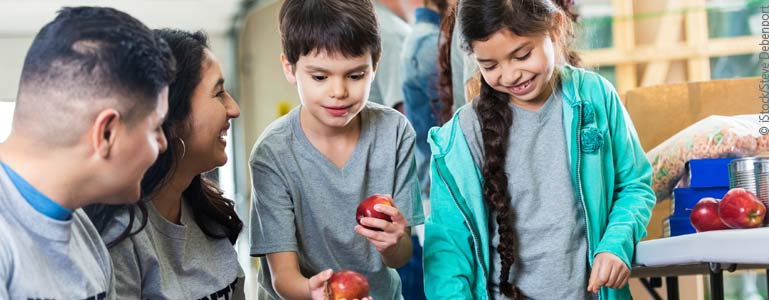I recently read an article put out by the Chopra Center shortly before their Global Meditation Day. I was moved by the article and thought to summarize it here for you.
We talk about bullying, have anti-bullying curriculums, and zero tolerance in many schools for bullying and aggression. The author indicates that while children indicate that they know what bullying means, not many seem to know or understand what empathy and compassion mean. Empathy is something I emphasize to parents, in supporting their children, especially when a child is sad or angry. It is the first step to developing a capacity for compassion. The author lists some steps to support children in developing compassion as they grow.
- We forget that children follow much more of what we do, rather than what we say or tell them to do. Interacting with kindness and thoughtfulness during the day with others we come into contact with models that for our children. Don’t be fooled that they might not respond to you when you call them to do something. Children really do take in everything going on around them.
- Our children are people, and respecting them as such is important in modeling respect for others as well. The author of the book, Non-Violent Communication, Marshall Rosenburg, said that we often treat children worse than we treat others. They are people, too! And deserve to be treated in the way that we ourselves would like to be treated.
- Add a habit at the end of the day (dinner perhaps) where you share stories about how you and other family members were compassionate and kind during the day. It is a way to focus on the positive things that happen during our day, and train ourselves to do so.
- Volunteer in various capacities as a family. There are so many opportunities to do so in our own neighborhoods, and help develop the awareness of others and how to take actions that help others. You can even volunteer with JFCS, the organization of which Parents Place is a program.
- How do you show yourself kindness and compassion? Another important aspect of nurturing the capacity in our children is that we must model it in ourselves, for ourselves. According to researcher Kristin Neff, Ph.D., self compassion includes:
- Being aware of our own pain.
- Remembering that we are not alone; that others experience the same feelings as you, at some point or another.
- Talking to yourself with kindness and encouragement. Model self-love to your children.
These appear to be simple steps, and common sense actions. And perhaps another step is forgiving ourselves for our mistakes as part of the love and kindness we show ourselves.
Bonnie Romanow, BA, is a parent educator and early childhood mental health consultant at Parents Place.



